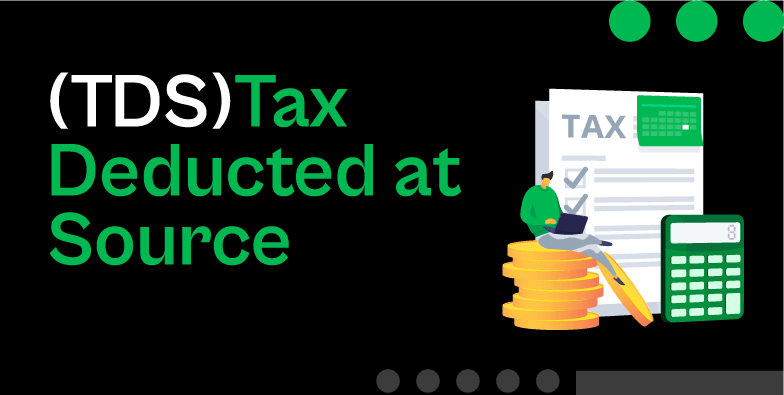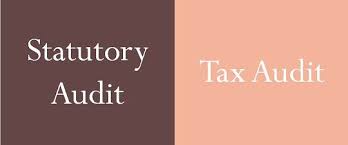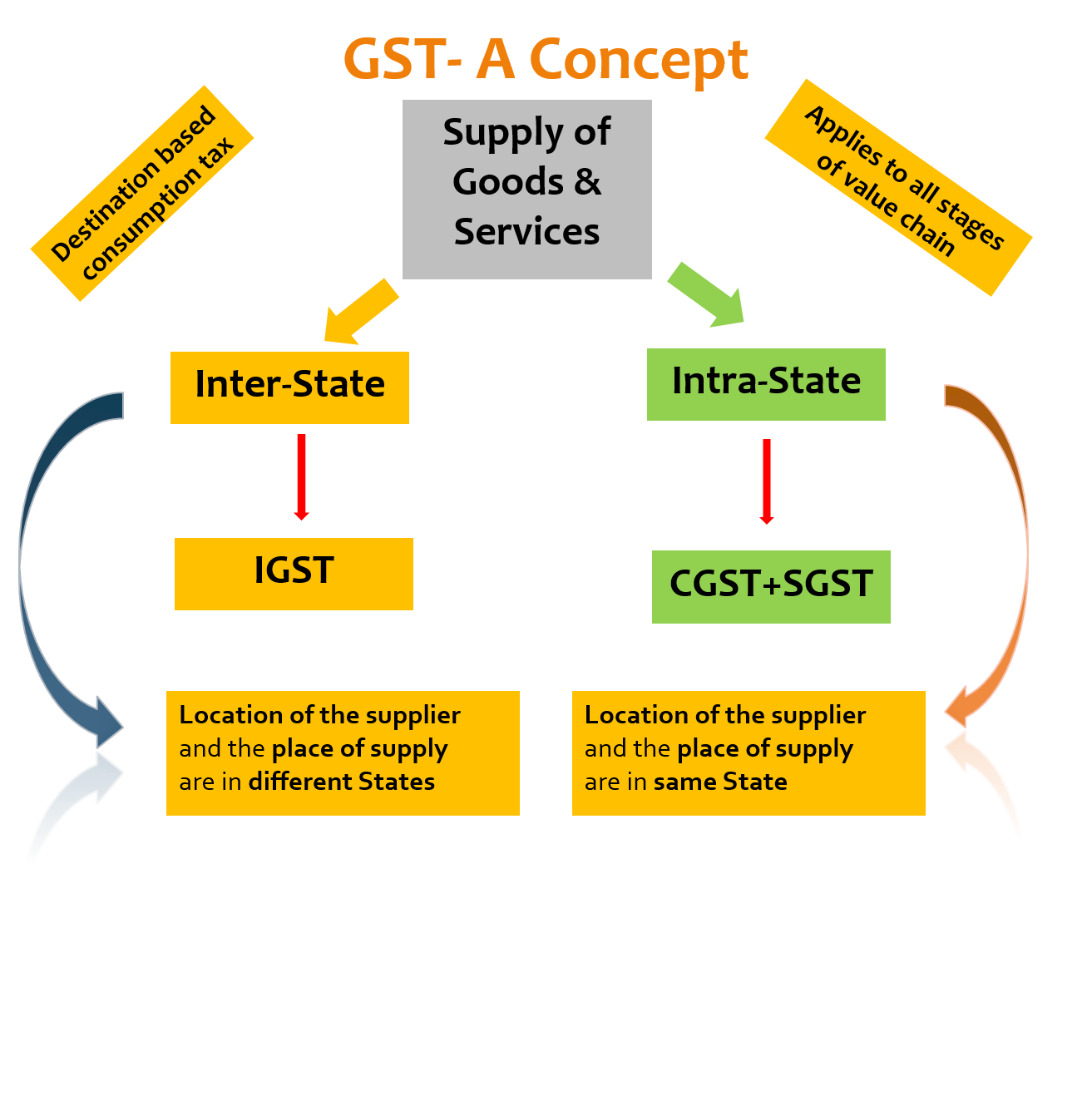TDS compliance for private limited company?
TDS compliance for Pvt LTD Company TDS Compliance for a Pvt LTD company involves fulfilling various requirements to deduct and remit TDS on specified transactions. Here are the key aspects of TDS compliance for a private limited company: Obtain TAN (Tax Deduction and Collection Account Number): Ensure that the private limited company has obtained… Read More »









